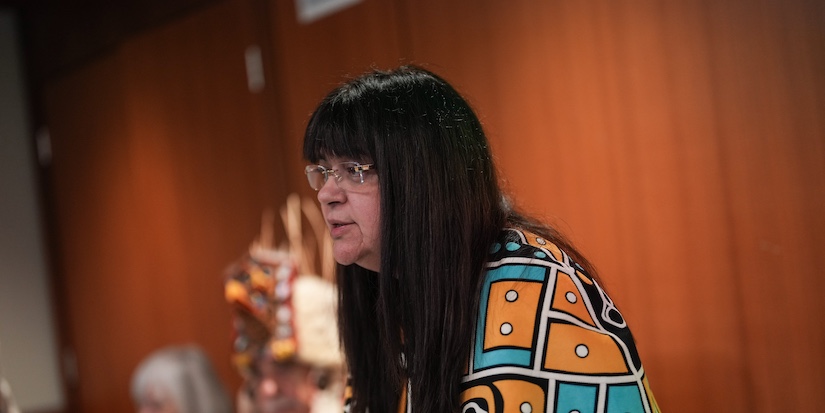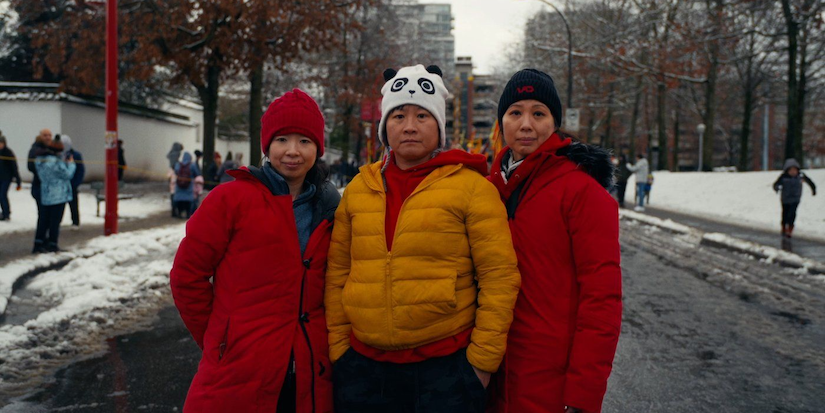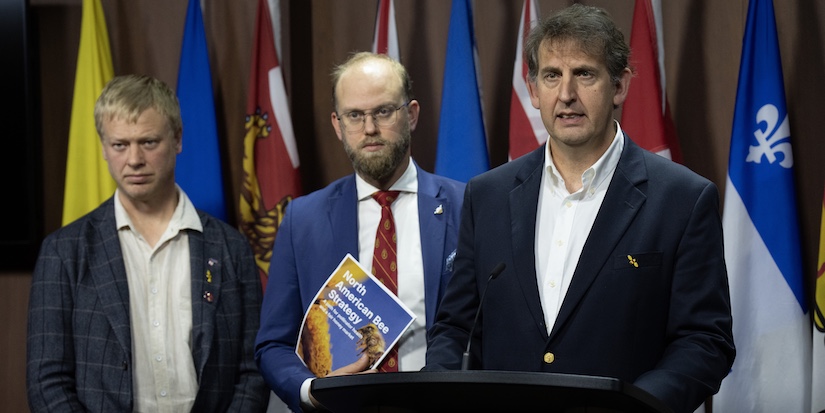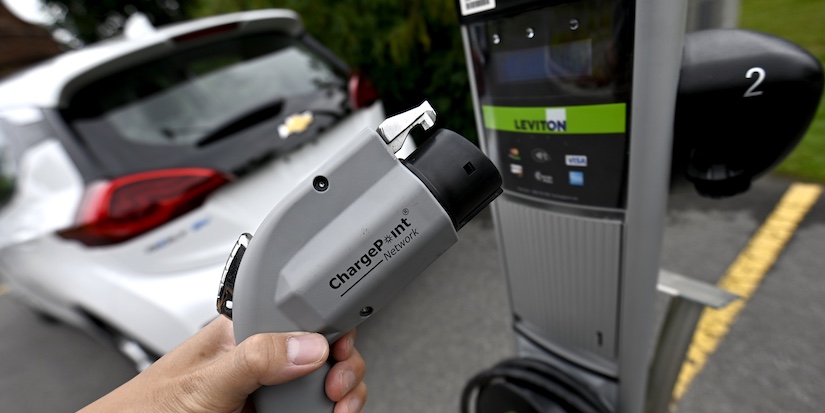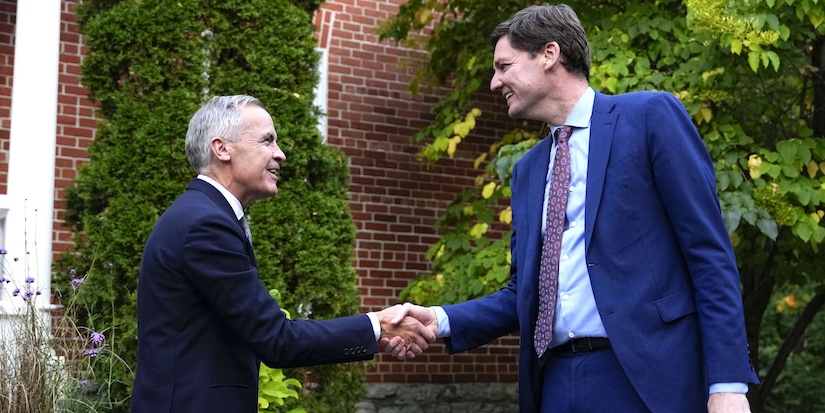Latest News
Staging company finding its way

By Hannah Scott, Local Journalism Initiative reporter
Published 11:19 PDT, Fri April 30, 2021
Last Updated: 2:13 PDT, Wed May 12, 2021
Richmond-based Scene Ideas Inc. successfully adapting to pandemic
Despite their industry being challenged by the pandemic, Isaac Kinakin and his Richmond-based staging and event design company are persevering.
“This is the only industry I’ve ever (worked in)—it’s very near and dear to my heart,” says Kinakin, the director of business development at Scene Ideas Inc.
During the initial stages of the pandemic, Kinakin says things changed “within one fell swoop.” Initially smaller cuts were made to extraneous spending and wages, but after a couple of months the company had to shut down everything for about a month.
While the closure enabled Kinakin to spend more time with his family, he was constantly worried about the future of his company. He and his team considered many plans, and eventually settled on one: “try to keep going, reinvent ourselves, basically hold on for dear life and hope for the best.”
Initially the team made pieces for temporary hospitals (including one that was set up at the Vancouver Convention Centre last spring) and COVID-19 testing centres, as well as barriers and face shields. Those pandemic-specific pieces remain part of their offerings today, along with custom options. The company also took on some charitable projects like making lawn signs for the CKNW Connecting Kids fund.
After reopening, growth was slow at first. Kinakin credits the availability of government subsidy programs as a factor that helped his company survive. He says one of the biggest changes is the fact that the company is more community focused now, mainly working with other Richmondites and making connections through the city and chamber of commerce.
“That’s what sets us apart through this whole pivot—we’re not just importing a company and shipping it out for profit. We’re manufacturing everything in Richmond, supporting the local economy. We’ve managed to hire everyone back, hire new people and invest in new technology. That’s the most important thing throughout COVID—reconnecting and making more deep and meaningful connections with neighbours.”
The biggest unforeseen challenge was figuring out a retail sale process overnight, including setting up an e-commerce platform and opening a storefront. Scene Ideas also opened a warehouse space in Toronto to expand business across the country.
The company began as four friends in an East Vancouver garage in 2006, and moved to Richmond two years later. Kinakin describes the current Shell Road location as a combination of warehouse space, manufacturing, and a “paint and fit-up bay” where set pieces are tested and packaged to ship.
Over the years, Kinakin has worked on many projects, big and small. The Grey Cup halftime shows, where the company creates big rolling platform stages, are a standout.
“One of the most memorable (projects) was two or three years back in Ottawa,” he says. “There were three of us out there with hundreds of volunteers and crew. It was an ambitious setup.”
After flawless rehearsals, everything was planned out. But the morning of the game, it started snowing, and all the existing plans had to be scrapped.
“There were about 11 or 12 stages that connected up like a Transformer, and I was using the marks on the field to align things. It didn’t occur to me—I honestly thought they would have cleared a bit of the snow for the game. (But when) we’re getting ready, it’s coming up to halftime, I peek on (to the field)—and can’t see any of the markings because of the snow.”
Kinakin had to make do, and the set pieces ended up in a different location on the field. After performing, Shania Twain was meant to descend through an on-stage elevator, but with the regular elevator operator at the hospital after crushing his finger, Kinakin had to learn how to work the elevator at the last minute.
“The show must go on,” he says. “We’re not up to failure—we’re just going to keep going, and we’ll figure something out.”
While the pandemic has posed many challenges, Kinakin is optimistic about the future. The company has started to look at the experience as an accelerator rather than a disruptor, using the opportunity to improve technology and efficiency.
I don’t easily give up,” says Kinakin. “I needed to do something—I didn’t want to lose the company, I wanted to do right by all the people who work for me and all the good people that I get to work with.
“We’re going to be a much stronger company for being tempered through this whole ordeal.”












